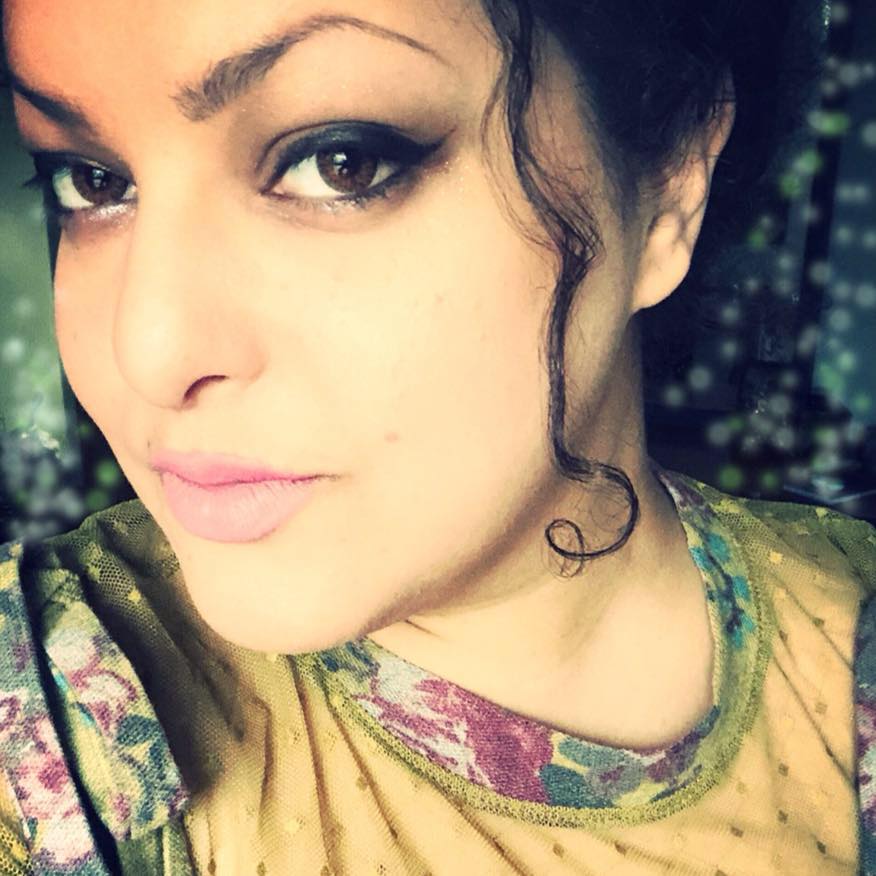Poetry and the Condition of Communication
by Adebe DeRango-Adem
for National Poetry Month, April 2020
It is understood by most that medical doctors save lives—and I cannot overemphasize the critical importance of our frontline health workers at this time. Yet I continue to believe that writers (creative writers, at that) also have the power to heal societies.
While World Poetry Day seems to have come and gone this year, and as I prepare for my first Poetry Month (April) without gigs or launches to attend, I am surprised that poetry has remained an imperative practice for me. I am realizing how the lack of a social agenda—of being in spaces where poetry lives—has questioned my ability to write in private spaces.
Even for writers who have typically worked from home, private spaces do not always offer constant solace. And even as workshops, classrooms, and even poetry readings go online—creating, in effect, a more effervescent literary community—it is impossible not to feel the heft of “social distancing.” Writers everywhere are experiencing difficulty in “finding the words.”
Yet, who better to look to than poets, who know just to phrase the feelings others don’t have the words for.
I recently attended a live poetry reading, hosted by a prominent poet from Brooklyn, who organized the event on social media. Poets from all over North America were featured, reading poems via their device’s “share screen” option. Poets I hadn’t heard of, and poets I had read for years, each contributing a verse from their lived-in homes and rooms. Some poets wept during their readings, and there was a lot of nervous laughter. While suspended in space, each reading felt visceral.
Poetry requires us to read slow and listen deeply. It encourages us to feel more, rather than retreat from feeling. Poetry may manifest as a world composed of words; so too can it be a way of bridging worlds, communities across time zones. I am all for reimagining the future of poetry in a virtual space—this way it becomes an even more democratic institution.
My recent work as Coordinator of Brickyard made it clear to me that poets identifying with spoken word/oral traditions are especially “ready” for the future—for a more “sonic” era; their words are ready and already partaking in redefining what the CanLit archive means. I am all for a poetry of expanded social awareness; one that “speaks” directly to the times.
As a line might break in order to signify a change in thought/mood/feeling/idea, or be used as experimental structural device, so too must we accept our new condition of retreat as a break with traditional modes of communication and community-building. And just as the silences or empty spaces in a poem can be as crucial as the words, so too can we use our quieter, more languorous days, to let the poems we read truly “be heard.”
We may not have the words right now, but someone else in the world might. I hope this month you come across a poem that offers you a tenor of hope (or beauty, or justice, or even all three). I hope you find that line that truly gives you pause, so you can tune in to how you are feeling.
May we become better listeners in these times.

Adebe DeRango-Adem is a writer and former attendee of the Jack Kerouac School of Disembodied Poetics (Naropa University), where she mentored with poets Anne Waldman and Amiri Baraka. She is the author of three full-length poetry books to date: Ex Nihilo (Frontenac House, 2010), Terra Incognita (Inanna Publications, 2015), and The Unmooring (Mansfield Press, 2018). A poem from The Unmooring was featured in the 2019 Poem-In-Your-Pocket anthology, co-created by the League of Canadian Poets and the Academy of American Poets. She served as the 2019-20 Barbara Smith Writer-in-Residence with Twelve Literary Arts, in Cleveland, Ohio. www.adebederangoadem.com
